By Bob Hicks
Portland, a city at last? It’s just possible that Peter Pan is growing up.
 Last weekend I saw three plays – the premiere of The Storm in the Barn at Oregon Children’s Theatre; Next to Normal at Artists Rep; and The Bridge, an adaptation of Thornton Wilder’s novel The Bridge of San Luis Rey, at Cerimon House. The experience led to this post, What if we woke up and found we’re a city?, on Oregon Arts Watch.
Last weekend I saw three plays – the premiere of The Storm in the Barn at Oregon Children’s Theatre; Next to Normal at Artists Rep; and The Bridge, an adaptation of Thornton Wilder’s novel The Bridge of San Luis Rey, at Cerimon House. The experience led to this post, What if we woke up and found we’re a city?, on Oregon Arts Watch.
In the post, I discover myself wandering amid “an unruly flowering of culture, often in surprising places.” An excerpt:
“It’s easy to poke fun at it, Portlandia-style. And in the not-so-grand Portland tradition it’s still being done on a broken shoestring. To be clear: Portland isn’t New York or Chicago or Los Angeles, despite a lot of hopeful hype. For one thing, those cities actually put their money where their mouths are. Plus, they’re simply bigger, and size does make a difference. Yet there’s little denying: In spite of ourselves, we’re in the midst of a cultural revolution. And the seeds are blowing all over the place.
“Simple fact: It’s impossible for any one person to keep up with all the theater happening in town. Can’t be done. That alone suggests the end of township and the beginning of city status: Cities are places that are too big to be known. In a real city, no matter how well you know it, you’re always also a stranger. And that can be exciting.”
*
Photo by Owen Carey: Jack Clevenger in “The Storm in the Barn”
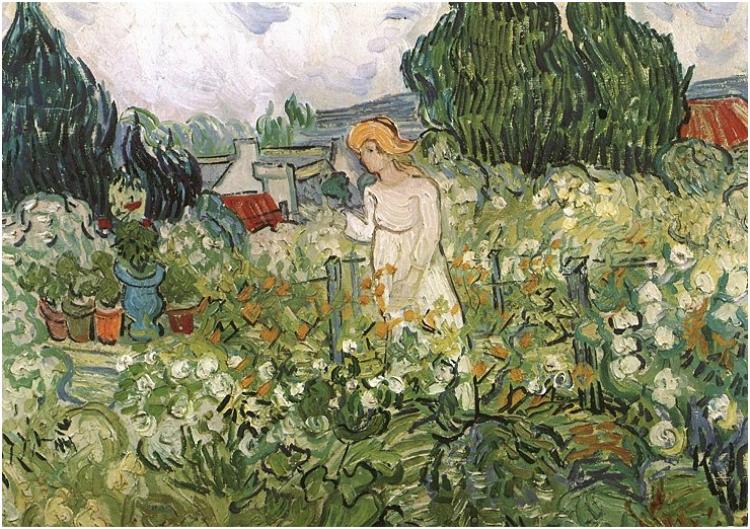
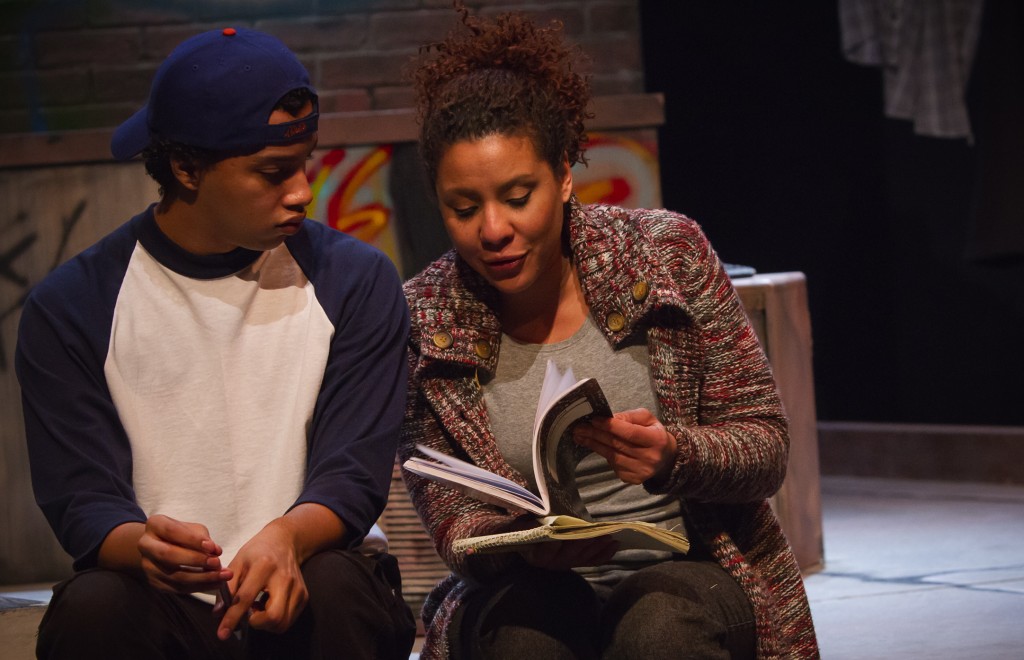
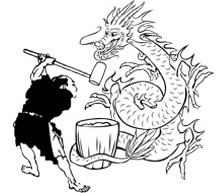 Japan has officially recognized the Gregorian-calendar dating system since 1873, which makes the official Japanese new year January 1. But traditionally the nation’s new year has followed the Chinese lunar calendar, and a sturdy tradition can outwit official proclamation for a good long time.
Japan has officially recognized the Gregorian-calendar dating system since 1873, which makes the official Japanese new year January 1. But traditionally the nation’s new year has followed the Chinese lunar calendar, and a sturdy tradition can outwit official proclamation for a good long time. Buchanan left the Portland museum in 2005 to become director of the much larger Fine Arts Museums of San Francisco, which encompasses the de Young Museum in Golden Gate Park and the nearby Legion of Honor. He was director there from February 2006 until his death. Here is Kenneth Baker’s
Buchanan left the Portland museum in 2005 to become director of the much larger Fine Arts Museums of San Francisco, which encompasses the de Young Museum in Golden Gate Park and the nearby Legion of Honor. He was director there from February 2006 until his death. Here is Kenneth Baker’s 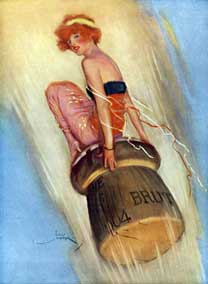 Mr. Scatter recalls being impressed as a child by the tale of Noah, who after steering his ark at long last into port dipped into the wine cellar and got so snozzled that he stumbled into his tent, stripped off all his clothes, and fell into a deep naked snooze. This caused considerable consternation once he woke up, and somehow Noah, who after all was “a just man and perfect,” pinned the blame on his son Canaan, who as winemaker had apparently amped up the alcohol content. (He might have been the same guy making all those head-thumping California zins in the 1970s.) It was a pioneering instance of better scapegoating through chemistry.
Mr. Scatter recalls being impressed as a child by the tale of Noah, who after steering his ark at long last into port dipped into the wine cellar and got so snozzled that he stumbled into his tent, stripped off all his clothes, and fell into a deep naked snooze. This caused considerable consternation once he woke up, and somehow Noah, who after all was “a just man and perfect,” pinned the blame on his son Canaan, who as winemaker had apparently amped up the alcohol content. (He might have been the same guy making all those head-thumping California zins in the 1970s.) It was a pioneering instance of better scapegoating through chemistry.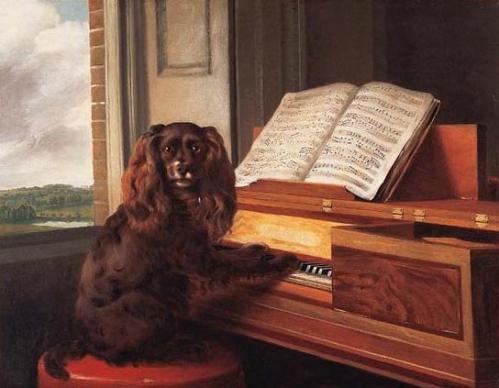

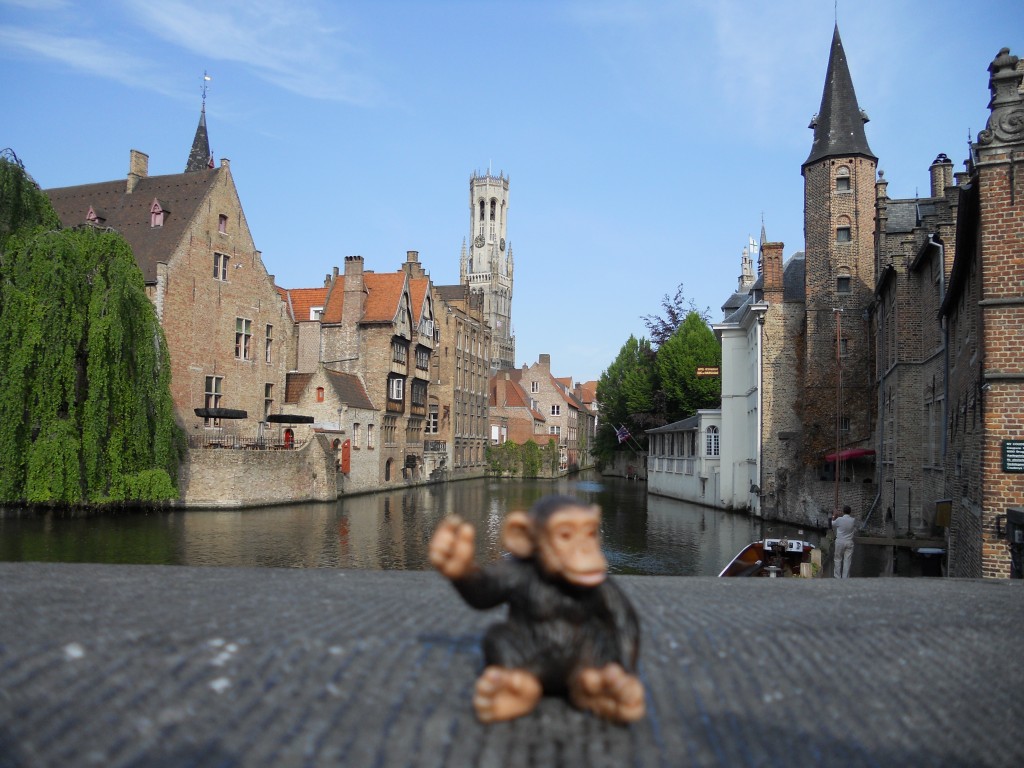
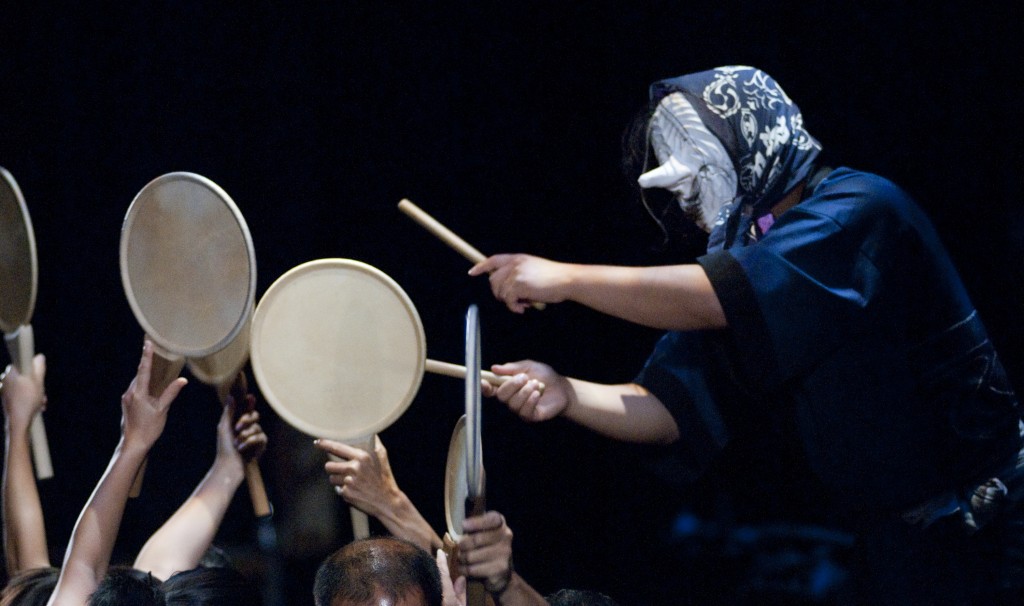 Portland Taiko. Rich Iwasaki/2009
Portland Taiko. Rich Iwasaki/2009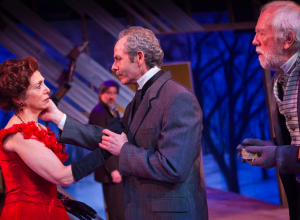 There isn’t much story to The Cherry Orchard, but there are themes, counter-themes, motifs. It’s chamber music, and the way we hear it can be startlingly different from production to production, depending not just on our own life experiences (interpreting Chekhov relies to an extreme on what the audience brings to it) but also on the emphases of interpretation on the stage: Do we concentrate on the cello tonight, or the bassoon? In truth, I suspect that even more so than ordinarily, every member of the audience sees a different play when watching Chekhov.
There isn’t much story to The Cherry Orchard, but there are themes, counter-themes, motifs. It’s chamber music, and the way we hear it can be startlingly different from production to production, depending not just on our own life experiences (interpreting Chekhov relies to an extreme on what the audience brings to it) but also on the emphases of interpretation on the stage: Do we concentrate on the cello tonight, or the bassoon? In truth, I suspect that even more so than ordinarily, every member of the audience sees a different play when watching Chekhov.